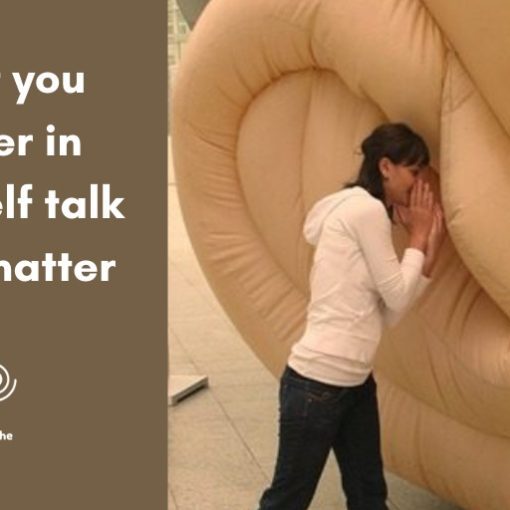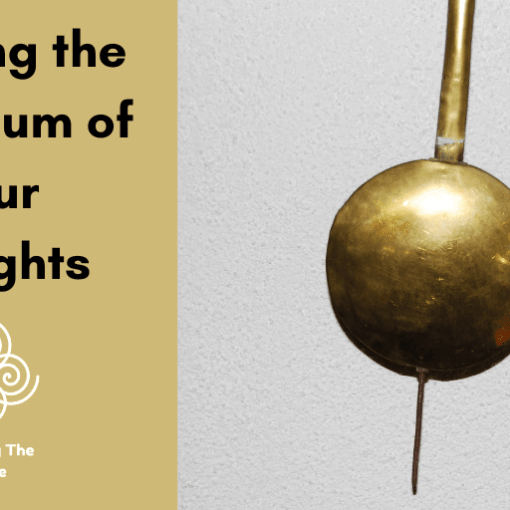When we record an event, a time, a place it grounds us in the story going on. As we make a mark, we speak into the wispy winds of today’s experience a permanence and faithfulness.
The struggles in the mind today can become the weather forecast for tomorrow unless we remember the records we have kept of the yesterdays.
Keeping a record of life events can be a source of grounding for your mental health. There is change and keeping a record ties us into a story unfolding.
Signatures
The sharpness of the chisel easily carved out my initials and date in the base of the chair I was making.
As I did this I was recording.
I was giving everyone who gazed upon this seat a sign to who made the chair and when.
In January I went on a 7-day greenwood Windsor chairmaking workshop at Forgotten Arts – I look after the property and manage their social media and website.
It was a lot of fun as I was learning the skills of how to make a chair without power tools. I was taping into the heritage wisdom and knowledge of a distant past.
I thought of how many generations into the future would look upon this chair and say ‘Great, …, Grandad Pearman made this in 2019.’
What records do you keep?
It’s so easy to keep records of negative experiences, the failures and mistakes of our past and have them dominate our thinking.
However, what would it be like to be intentional in keeping records of positive and encouraging moments?
Perhaps by doing so, we could retrain the brain to hold on to the more positive experiences longer. We could see the brain lay down new neural pathways.
Rick Hanson write this
The brain is like Velcro for negative experiences,
but Teflon for positive ones.
[This] shades “implicit memory” – your underlying
expectations, beliefs, action strategies, and mood –
in an increasingly negative direction. Rick Hanson
Paul writes this
Fix your thoughts on what is true and good and right.
Think about things that are pure and lovely, and dwell on the fine, good things in others.
Think about all you can praise God for and be glad about.
Philippians 4:8
Recording with stones
It was a momentous day for the people of Israel when they were on the way back home. However, there was a huge barrier in their way.
The Jordan river was flowing wild and strong and there were a million people with animals and belongings needing to cross.
God had a plan and wanted the people to remember it, so God had Joshua do a strange thing.
Joshua called out the twelve men whom he selected from the People of Israel, one man from each tribe. Joshua directed them, “Cross to the middle of the Jordan and take your place in front of the Chest of God, your God.
Each of you heft a stone to your shoulder, a stone for each of the tribes of the People of Israel, so you’ll have something later to mark the occasion.
When your children ask you, ‘What are these stones to you?’ you’ll say,
‘The flow of the Jordan was stopped in front of the Chest of the Covenant of God as it crossed the Jordan—stopped in its tracks. These stones are a permanent memorial for the People of Israel.’” Joshua 4:4-7
Here was a record for future generations to be tangibly reminded of Gods goodness to them.
The event could never be passed off as fiction, folk story or myth because here was a visual record. Something they could touch and feel. A story to tell their children of faithfulness.
We still do the same. We set up memorials to those who have died in wars or tragedies. ‘We will remember them’ is part of our human thread.
Records may have shadows
Some records we have, times in our past, may have a dark shadow to them.
It might have been a time when something wonderful happened but then your memory takes you to a possibly sad component of that time.
I have moments like this and what I do is that I prayerfully offer up those dark shadows to God asking for help.
I then ask God to help me keep my focus on the good and positive aspects of this recording.
Over time the shadows become less and less.
Record your life
There are so many ways that we can keep a record. Here are but a few.
- Journal
Journalling is basically keeping a record of the journey.
Highs, lows, points of learning etc… It is very helpful to get what is going on in the brain out on to some paper or digital document. It can disentangle our confused thinking.
It can be a place where we can go back to and see how far we have changed. Maybe we can learn from those past times and see patterns in our lives.
Read more – Too much Traffic in your Mind? Try Journaling - Poetry
Capturing the record in words and rhythms can again, like journaling, create memories that reinforce an experience. - Photos
It is so easy these days to take a photo.
Just whip out your phone and take some shots and in years to come, you can look at these records.
You can also share the moment with others.
Last year my wife and I walked the Camino de Santiago.
Each day I would take some photos of our walk, share them on facebook with a little commentary of what happened on the day.
Read more – How Photos Can Help Your Mental Health - Art
The word art covers a huge range of recording activities. Music, painting, sculpture, writing, photography etc all inviting the artist to express. - Scrapbook
Back in 2004, we as a family took a campervan trip around the South Island. We visited lots of beautiful places and saw many of the ‘Lord of the rings’ filming spots.
When we got home my wife created a beautiful scrapbook of the places we visited and the experiences we had. It was a record and it’s still fun to look at all the wonderful times we had. - Craft
My mother was a wonderful knitter.
She created some beautiful baby clothes. She passed on many years ago now, but my sisters kept some of her knitting.
My daughter is pregnant with our first grandchild and she will be able to have something of my mothers craft work to dress her little baby. My mother would be thrilled to know this and I might just tear up too.
The Habit
The habit of keeping a record should not be arduous, difficult or overly time-consuming.
The important rule is to keep it simple and highly achievable. When it’s simple it’s more likely to be repeated.
For example, writing in a journal each day may just be too much for you to achieve. A smaller more achievable goal might be to write one or two sentences at the end of the day or week.
The spiritual exercise of recording is all about being attentive to what is going on, noticing it and recording it in some way. Spirit (Holy) may be giving you nudges to take a photo, write a note, carve your name.
Personal example
Every now and then I receive an email from someone who has read my blog.
I so enjoy hearing from my readers with their ideas and comments. Writing can be a pretty lonely business.
So whenever I receive some encouragement I record it by cutting and pasting it into a file I have in Google Keep called ‘Encouragements’.
Whenever I get a bit down with depression or when I am coming to write something I always pull up my encouragement file and read your comments.
I would encourage you to create your very own pool room
When we record an event, a time, a place it grounds us in the story going on. As we make a mark, we speak into the wispy winds of today’s experience a permanence and faithfulness.
Quotes to consider
- Thoughts disentangle themselves when they pass through your fingertips. Dawson Trotman
- Reality itself – my limited and sometimes misinterpreted experience -is the revelatory place for God. But for some reason we prefer fabricated realities to the strong and sensitizing face of what is. The spiritual life begins with accepting and living our reality. Richard Rohr
- Each moment of awareness is a small awakening, and each awakening—no matter how insignificant it might seem—can be a doorway to becoming. David G. Benner
Questions to answer
- What records have you kept and how have they kept you?
- How have you recorded them?
- What can you do on a daily basis to become more attentive to the little invitations to record an event?
Further reading
Barry Pearman
Image – Carving my signature on the base of the chair





